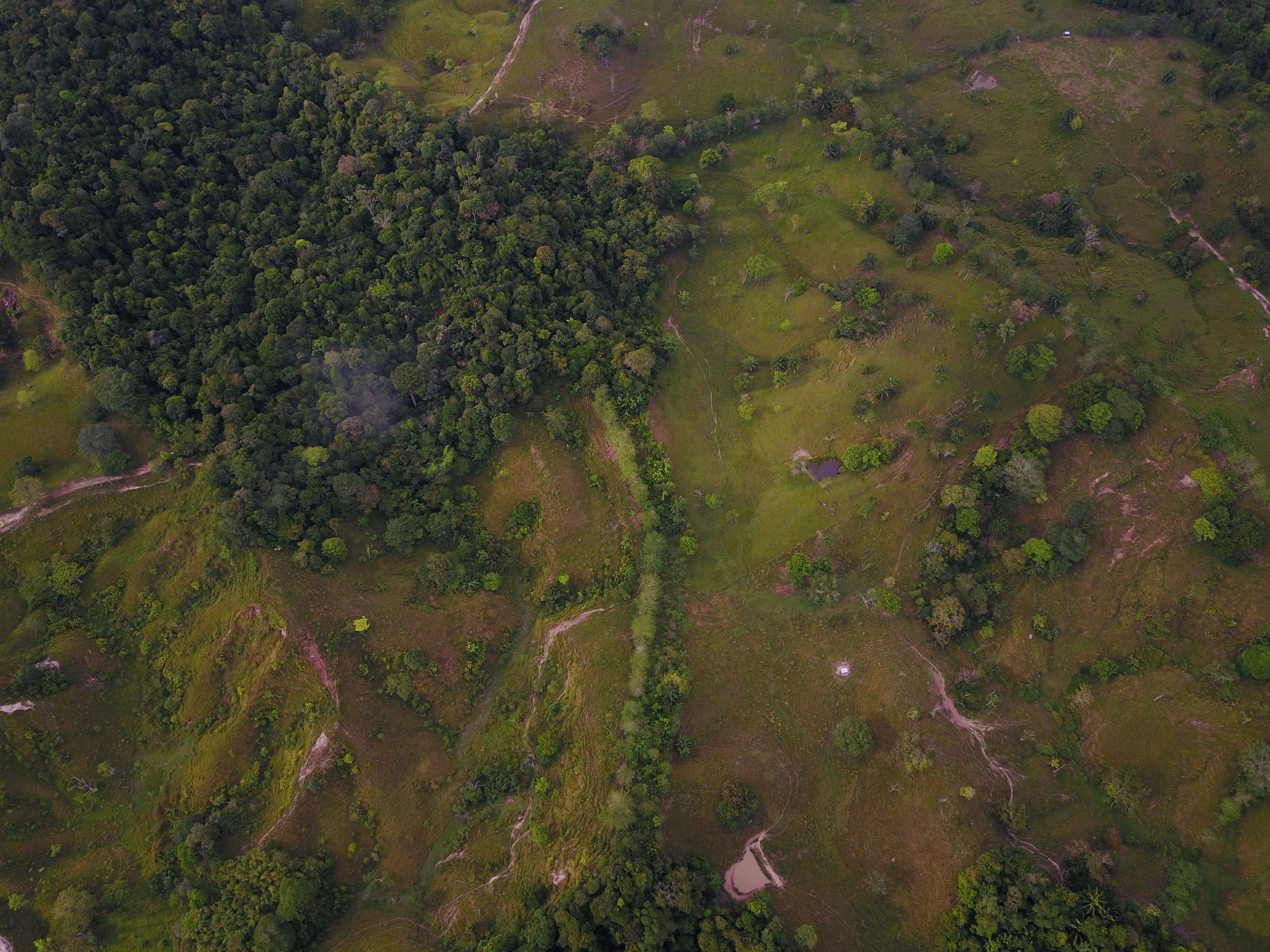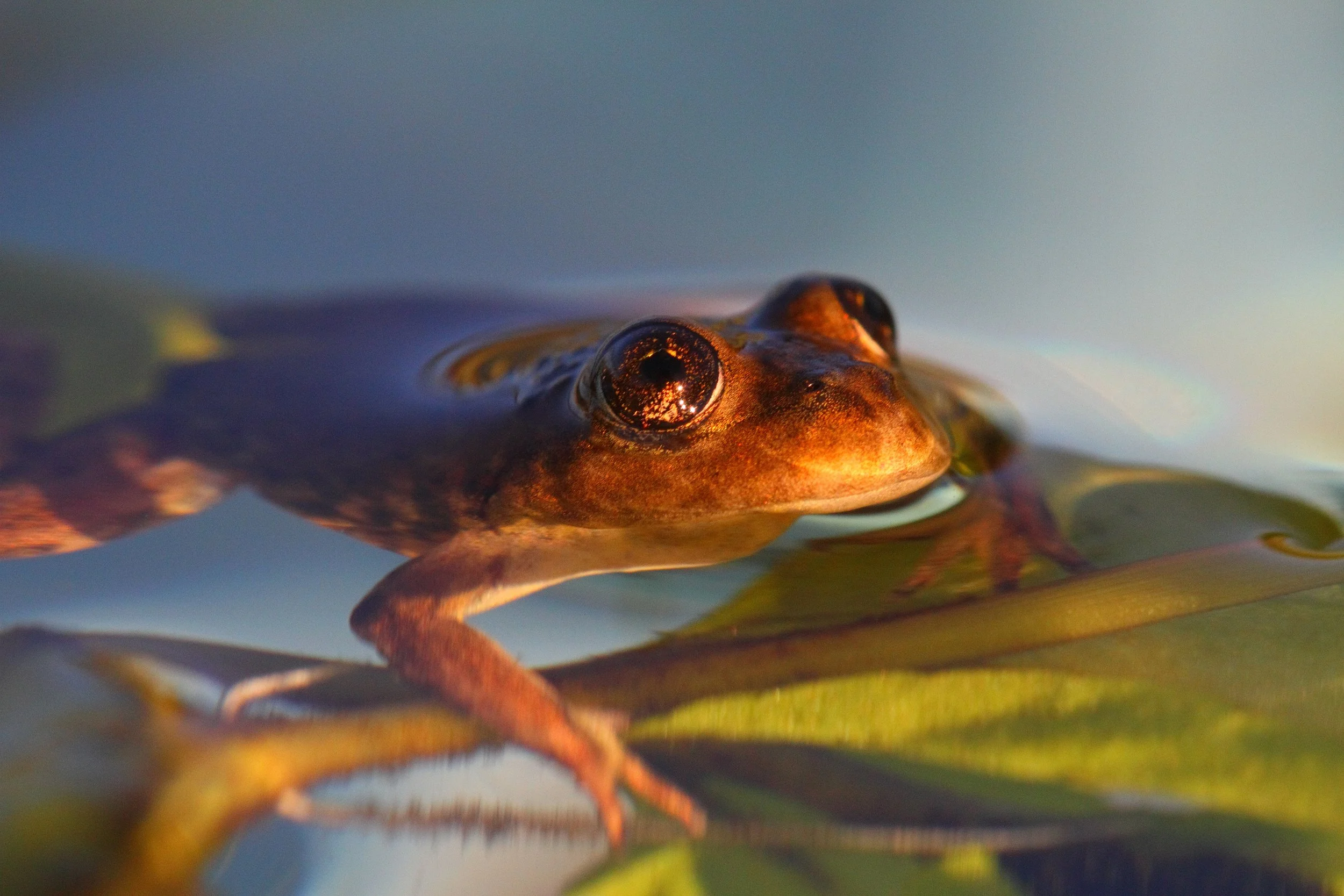Colombia’s Dr Andrés Link Wins 2025 Whitley Award to Expand Private Protected Areas for Brown Spider Monkeys
©Whitley Fund For Nature | Ana Malagón
Words by Whitley Fund For Nature
Covered by Lucy Jane Morris
IG: @conkernaturemagazine
IG: @lucymorriswild
First published 30th April at 8:00PM GMT
UK charity, the Whitley Fund for Nature (WFN), is recognising Dr Andrés Link with a 2025 Whitley Award for his work to protect brown spider monkeys in the lowland rainforests of central Colombia and to scale his work by reconnecting the species’ fragmented habitat in private protected areas.
“Spider monkeys are key forest engineers through seed dispersal and should be preserved to maintain tree diversity and forest dynamics”
Charity Patron, HRH The Princess Royal, will present the £50,000 Whitley Award on 30 April at the Royal Geographical Society. The event will be livestreamed to YouTube.
With his Whitley Award funding, Andrés and his team at conservation NGO Fundación Proyecto Primates plan to scale their work to the broader region of the middle Magdalena River basin. They will add six new corridors, bringing to 21 the total number of corridors that connect more than 2,000 hectares of native forests in the Tumbes-Choco-Magdalena biodiversity hotspot. Corridors will be monitored with camera traps to evaluate how wildlife, and particularly spider monkeys, use them.
In the absence of national protected areas, the team will work with local ranchers committed to conservation by forging voluntary conservation agreements to create a network of privately protected areas.
More than 85 percent of the habitat of the Critically Endangered brown spider monkey has been lost amid an acceleration in the transformation of land for cattle ranches and for palm oil cultivation. This is increasing the extinction risk for the monkeys, which are among the 25 most endangered primates in the world. The new corridors, which will connect two large fragments of land and several smaller patches, which will have a direct influence on about 10,000 hectares of forest.
The monkeys and Blue-billed Curassow birds will be flagships for Andrés’ project which will act as a pilot approach that could be implemented at a national or Latin American level. Jaguars, lowland tapirs, white-faced capuchin monkeys and other species will benefit from the protection of this habitat. The region is one of the southernmost wetlands on the Magdalena river basin – a mosaic of tropical rainforests and wetlands between the Central and Eastern Andes.
Andrés says the group has already been approached by stakeholders seeking to develop a conservation oriented approach to their activities. He and his team are aiming to sign five conservation agreements to build on three active pacts. Andrés manages the only long-term project on the conservation of brown spider monkeys in Colombia, which has been running for two decades and which won early support from several landowners.
Local deforestation has accelerated amid Colombia’s political stability and the draining of wetlands for palm oil industries and deviation of water flow pose a new threat to the middle Magdalena river basin.
“In our study area, habitat loss and fragmentation are the main threats. Protecting the remaining forests and creating connectivity corridors is urgently needed.”
The conservation agreements will protect water sources and restore creeks, lakes and rivers, securing water availability for cattle ranches and will also help to mitigate climate change.
The team is also working on a local initiative to create a tax exemption for private protected areas to provide incentives for conservation and help local administrations meet their conservation targets. Designation as private protected areas will help to safeguard the land from large-scale infrastructure protecting the “last in the wild,” in central Colombia, according to Andrés.
A patchwork of ecosystems and social landscapes – the region includes a small number of large-scale cattle ranches and palm oil plantations as well as a growing local population of small scale farmers and some small fishing communities linked to the Magdalena River. The river is Colombia’s longest, connecting the Andes with the lowlands and bisecting Colombia from south to north. A key artery for transportation since the 1700s, 75 percent of the country’s population lives in the river basin.
The team will conduct workshops with local schools in Cimitarra and engage local communities in citizen science around wildlife monitoring and habitat restoration. In addition to founding Fundación Proyecto Primates, Andrés is also an associate professor at Universidad de Los Andes in Bogota, and has trained more than 200 students from more than 25 Colombian Universities and at least 12 different countries in field biology and conservation. He sees his project as the "greenhouse" of young behavioural ecologists and conservationists.































UK charity the Whitley Fund for Nature (WFN) is recognising seven outstanding conservationists with 2025 Whitley Awards and £400,000 ($529,000) in funding to sustain their work to revive wildlife species in Rwanda, Brazil, Colombia, Argentina, Nepal, Indonesia and Malaysia.
At a time when governments are cutting overseas aid, the funding will help to ensure a future for species and their broader ecosystems, including jaguars, Bornean elephants, brown spider monkeys, Javan gibbons, the El Rincón stream frog, Grey Crowned Cranes, as well as Yew trees and orchids.